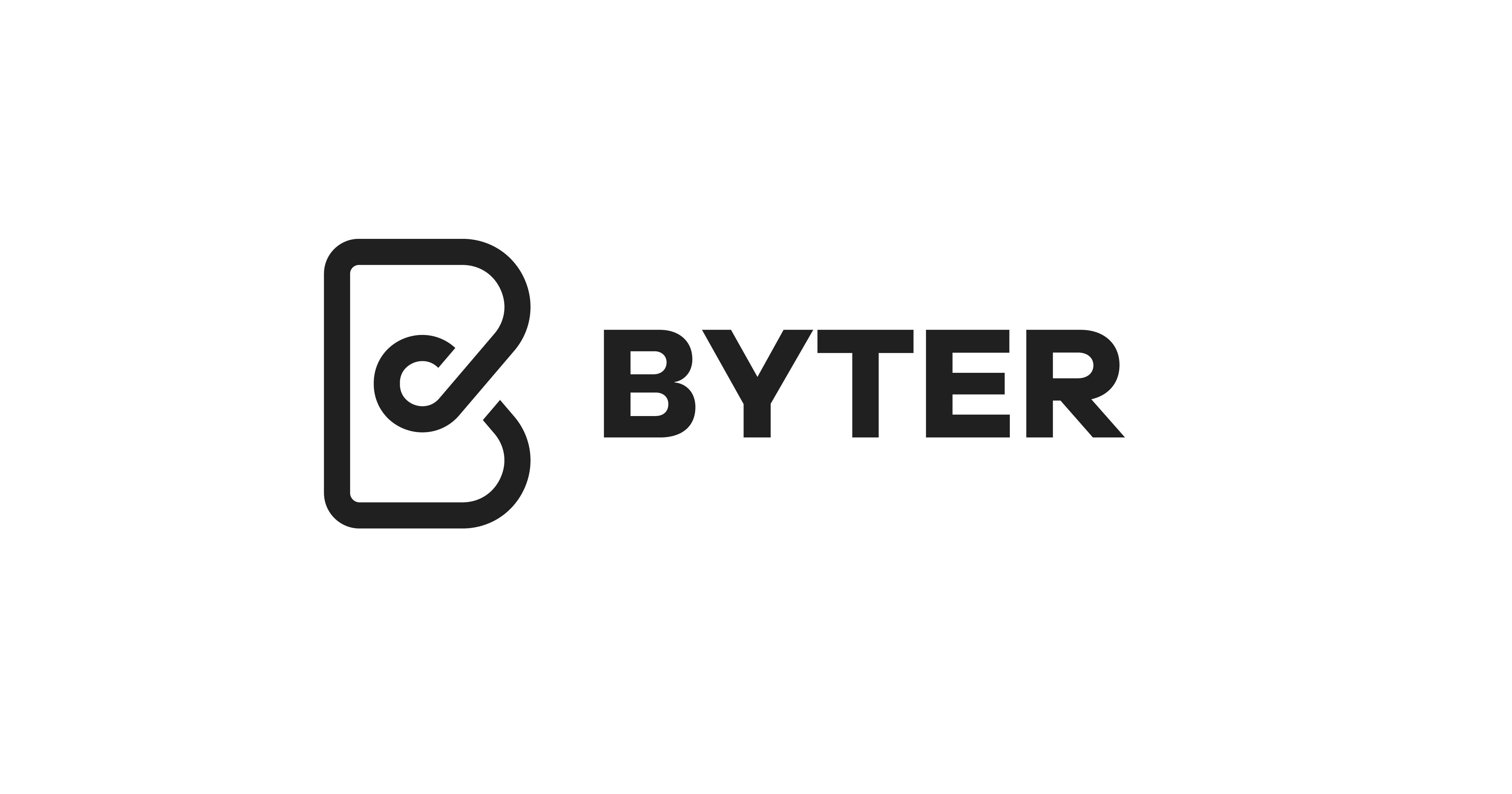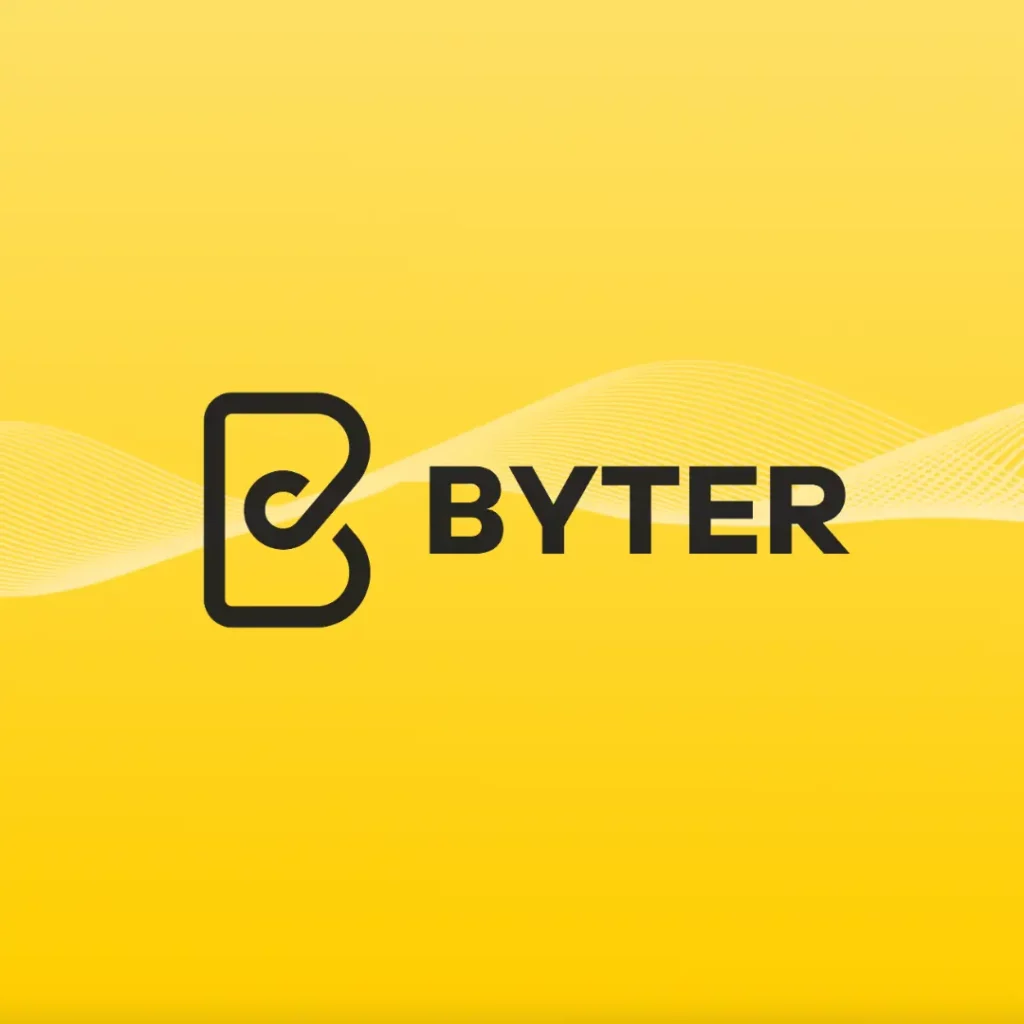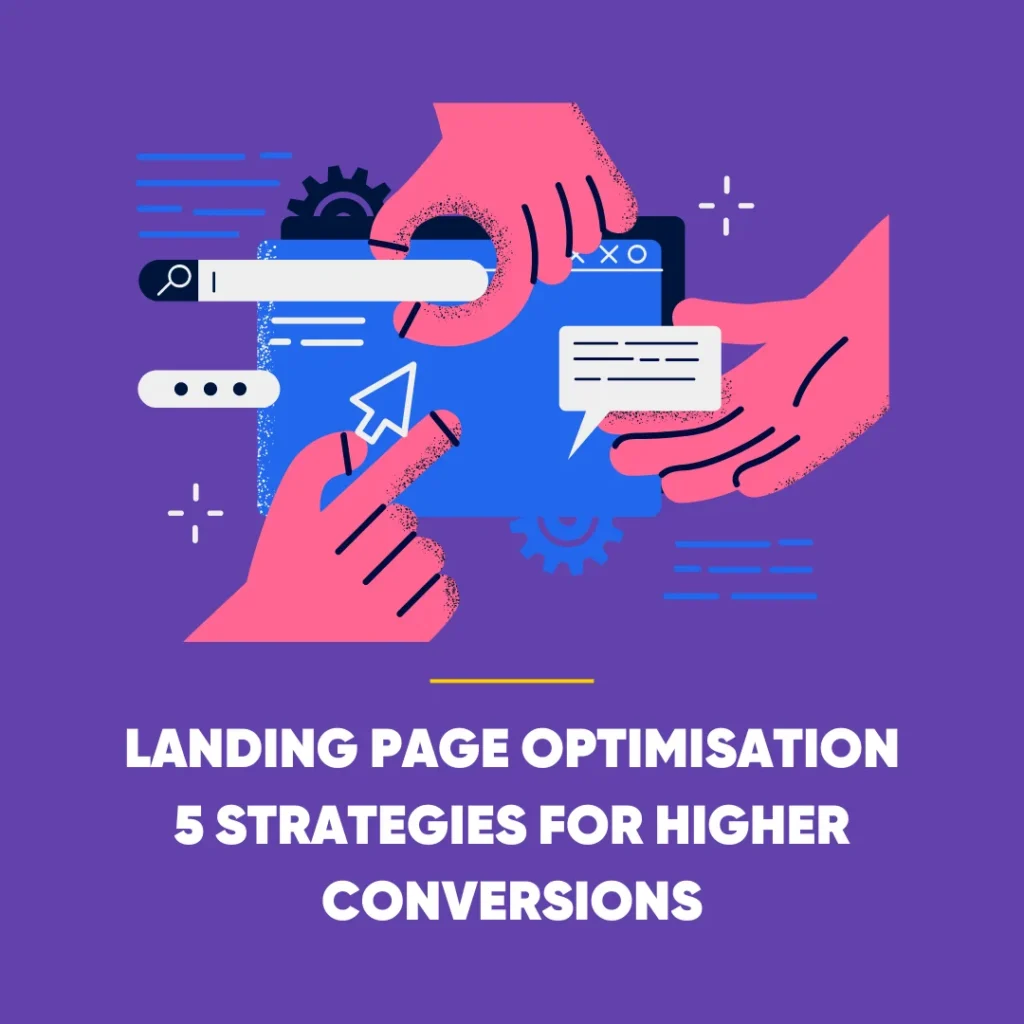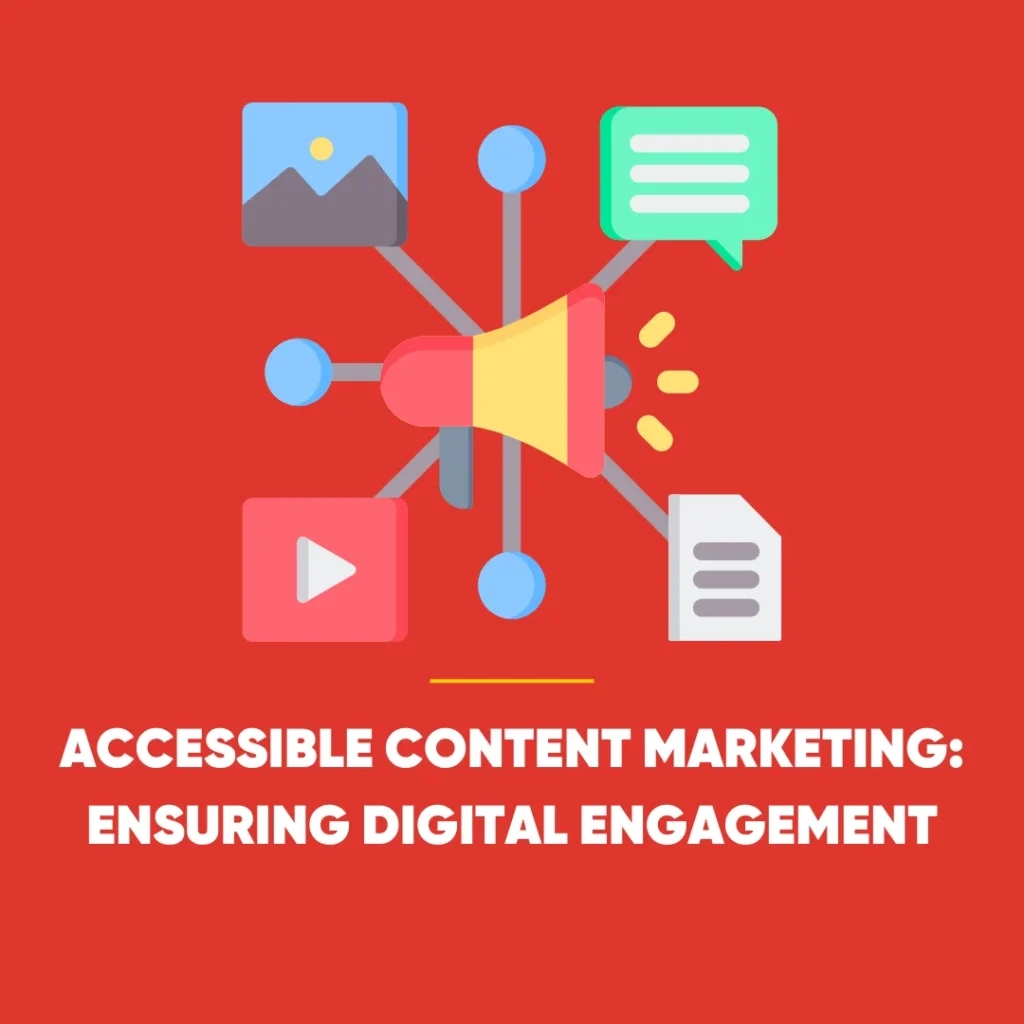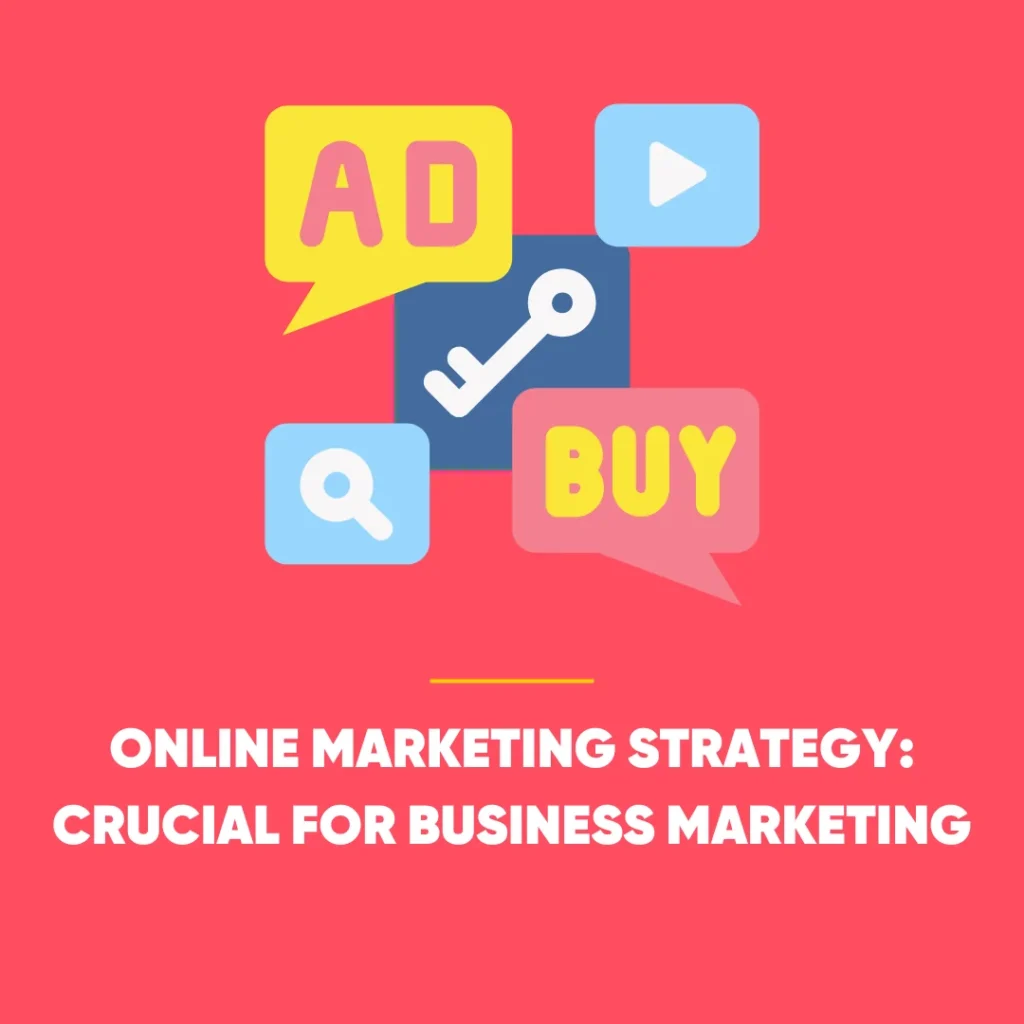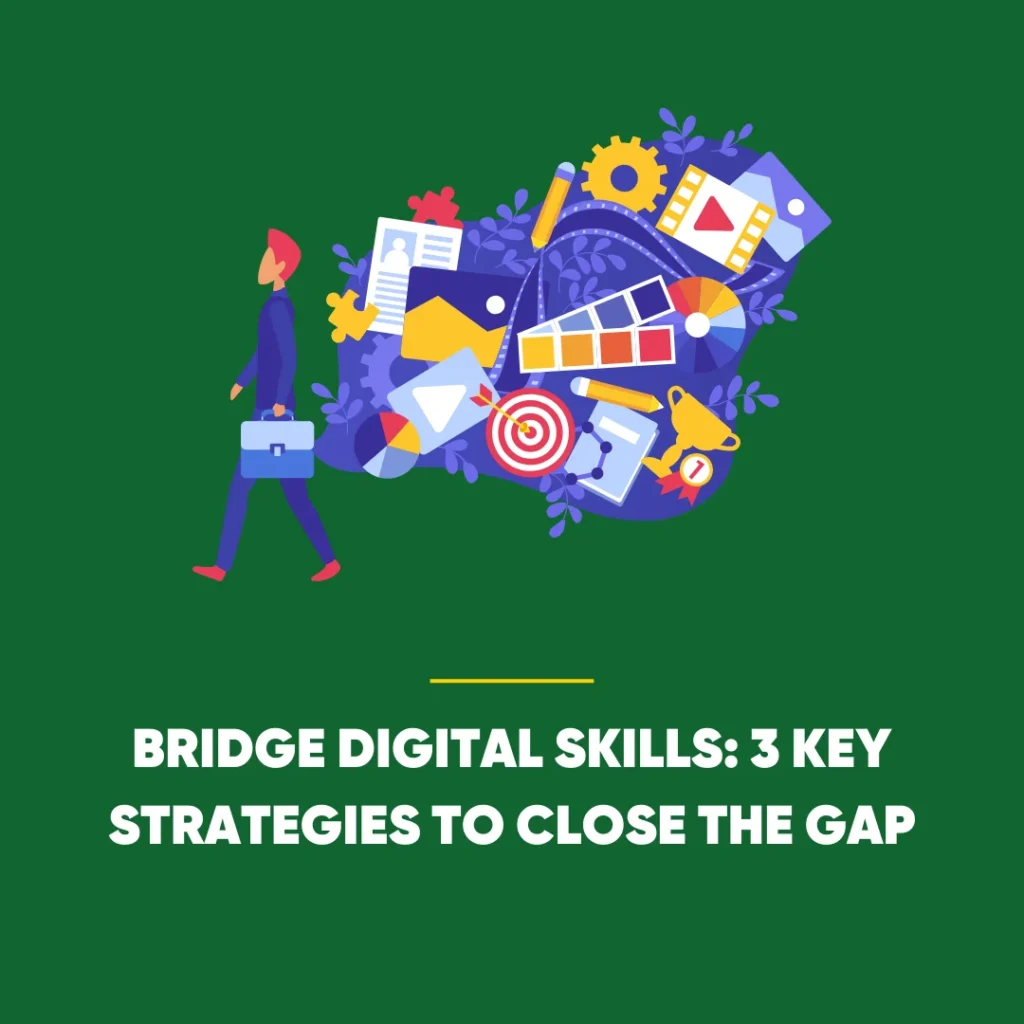An insightful article about SEO and search to help your business’ site rank higher.
SEO has become a huge must-know word in the marketing niche, and more and more businesses are beginning to understand the importance of having a well-optimised website to benefit from organic leads. If you’re looking for some useful information about the topic, this article is for you.
Below you can read all about SEO and search, including the importance of search optimisation and how search engines like Google actually work.
SEO & Search Engines Explained
In essence, a search engine is a program that searches for and detects objects in a database that match keywords or characters entered by the user and is particularly useful for discovering certain websites on the internet. By searching for specific words, search engines can “throw” results of websites containing those words in large quantities.
Advertising is the most common business plan for commercial search engines. The advertising business model’s goals may not necessarily correlate to providing users with high-quality search results. This resulted in poor outcomes for those searching for information thus they were faced with pure advertisements rather than useful facts. Site owners began to become aware as search engines got more mainstream and extensively used, and here’s when SEO came to appear in the picture.
SEO is the abbreviation for “search engine optimization”, and in simple terms, it refers to the process of upgrading your website in order to boost its exposure when consumers use Google, Bing, and other search engines to look for products or services linked to your business. The higher your pages’ exposure in search results, the more likely you are to attract attention and attract new and existing clients to your company.
Bots are used by search engines like Google and Bing to crawl the web, moving from site to site, collecting information about those sites, and indexing them.
Why Is SEO So Important?
Because individuals make tens of searches annually, often with the advertising goal of identifying information on products, SEO is a critical component of digital marketing. Brands’ major source of internet traffic is frequent search, which is supplemented by other marketing channels. Higher placement in search results than your competitors can have a significant influence on your bottom line.
However, during the last few years, search results have evolved to provide visitors with more direct answers and information, which are more likely to retain consumers on the results page rather than redirecting them to other websites. Many people associate the word “search engine” with Google, which controls roughly 92 percent of the global search engine industry. Since Google is the most popular search engine, SEO is usually focused on what Google likes. It’s beneficial to have a thorough understanding of how and why Google works.
Byter digital media understands the importance of utilising the latest SEO strategies to help businesses rank higher on search engines and reach their goal to drive more traffic to their site.
How Does SEO Work?
Paid and “organic” search results appear on the SERPs (Search Engine Results Page), with organic results not contributing to Google’s income. Google instead provides organic results based on its evaluation of a site’s relevancy and quality. Google will display different items on the SERP depending on the type of search queries, such as maps, photographs, or videos.
The number of adverts displayed on a SERP is determined by what users have looked for. If you search for “iPhone,” for example, you’ll likely find that many of the top results are advertisements. In reality, the first organic result will most likely require scrolling down the page.
The purpose of SEO is to improve your organic search results ranking. AdWords (Google Ads), shopping, and local results are all optimised in different ways.
While it may appear that there are too many competing components on SERPs to push organic listings down, SEO may still be a highly powerful and profitable activity. Organic search results are a very small piece of a very huge pie, given that Google handles billions of search requests per day. While some initial and ongoing expenditure is required to achieve and maintain organic rankings, every click that leads to your website is entirely free.
Improve Your SEO
You want people in a certain neighbourhood, village, or town to find and visit your website if you want to rank for local search results. The majority of the time, your purpose isn’t to sell directly from your website.
In most cases, your website will assist individuals in finding your store, practising, or hiring you for your abilities. Websites aimed at a local audience differ from those aimed at a national or international audience. The other local entrepreneurs in your niche are your rivals. You presumably already know who your competitors are, but if you don’t, you should find out as quickly as possible.
The best social media agency to call to assess and improve your website’s SEO is definitely Byter. With top-class services for businesses, a skilled team of marketers, and affordable rates that deliver outstanding results, Byter stands among the top London digital marketing agencies you should highly get to know.
SEO & Search Final Words
Although paid search, social platforms, and other online channels can help drive visitors to websites, search engines account for the vast bulk of online traffic.
Organic search results take up more digital real estate, appear more trustworthy to savvy searchers, and get a lot more hits than paid ads.
SEO has become one of the few online marketing strategies that, when done effectively, may pay off in the long run. Your traffic can snowball over time if you give quality content that deserves to rank for the relevant keywords, whereas advertising requires ongoing spending to send users to your site.
Improving your site will assist search engines in receiving better information, allowing your material to be correctly indexed and presented inside search results.
